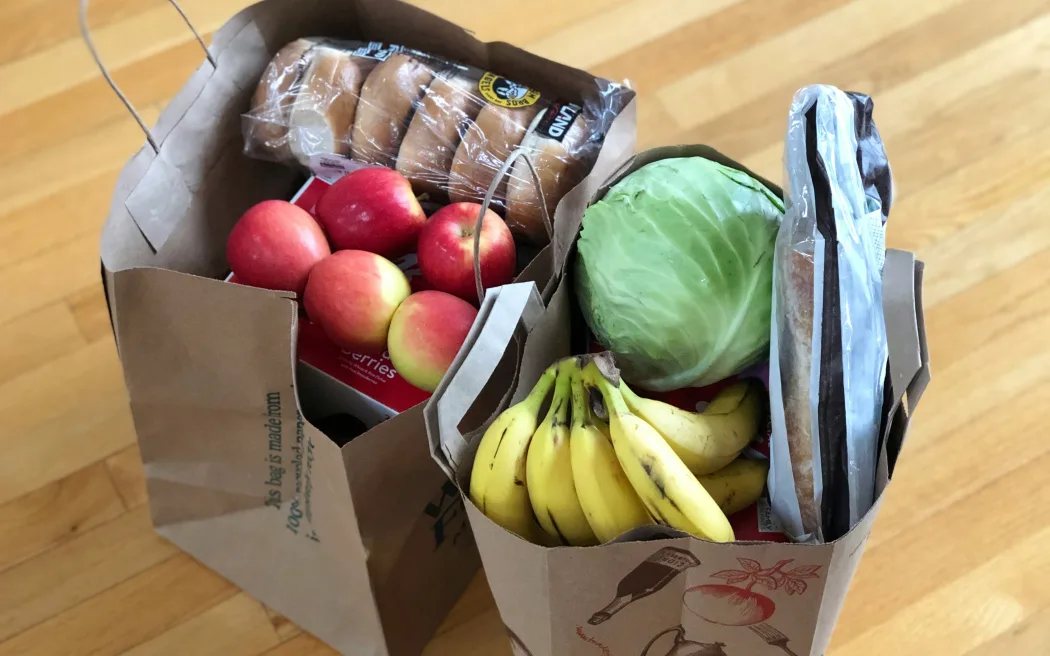Confidence remains soggy amid continued cost-of-living crisis
RNZ
17 September 2025, 7:18 PM
 Spending power continues to be squeezed by increased living costs. Photo: Unsplash/ Maria Lin Kim
Spending power continues to be squeezed by increased living costs. Photo: Unsplash/ Maria Lin Kim- Consumer confidence is soggy, after the economy hit a mid-year soft patch
- Consumers are still struggling with high living costs and the weak jobs market
- Women are more pessimistic than men
- Auckland rebounds, most upbeat region
Consumers remain pessimistic, despite recent interest rate cuts, as they struggle with spending power squeezed by continued increases in living costs.
The Westpac-McDermott Miller Consumer Confidence Index edged down 0.3 points in September to 90.9 - effectively unchanged from the June quarter - after the economy hit a mid-year soft patch.
A level below 100 indicated there were more households pessimistic about the economic outlook than those who were optimistic.
Westpac senior economist Satish Ranchhod said the softness in consumer confidence was notable, especially as the survey was conducted just after the Reserve Bank delivered another interest rate cut in August.
"Reductions in the official cash rate and the related falls in mortgage rates will help to boost many households' disposable incomes over the coming year," he said.
"However, it will take some time for those reductions to flow through to households' back pockets."
Ranchhod said a weak jobs market, subdued house prices and continuing cost-of-living increases offset the benefit of lower interest rates.
Confidence was low across all income groups, but was weakest among those on lower incomes.
Ranchhod said rises in the cost of living were particularly tough for those on lower incomes, who spent a larger share of their incomes on essentials.
Women remained more pessimistic than men, their confidence dropping by three points to an index score of 83.4. By contrast, confidence for men rose by 3.1 points to 99.6.
McDermott Miller Limited market research director Imogen Rendall said women were also more pessimistic about the future.
"Only one in 10 women expect good economic times over the next 12 months, compared with just over a quarter of men."
Regionally, confidence picked up in Auckland and Wellington, and Auckland became the most confident region in the country with a reading of 97 - although the score remained in pessimism territory.
Ranchhod cautioned that Auckland was recovering from a low base and, despite rising slightly, Wellingtonians remained deeply pessimistic.
The picture was equally mixed in the regions, as dairy powerhouses Waikato and Canterbury produced readings of 92.0, while Taranaki/Whanganui at 81, and Nelson and the West Coast at 79 had the lowest confidence.
Ranchhod believed softness in the labour market in those regions offset any boost from the buoyant primary produce sector.
Spending on Westpac-issued cards was weakest in Wellington and the top of South Island versus a year ago, and strongest in Southland and Otago.





